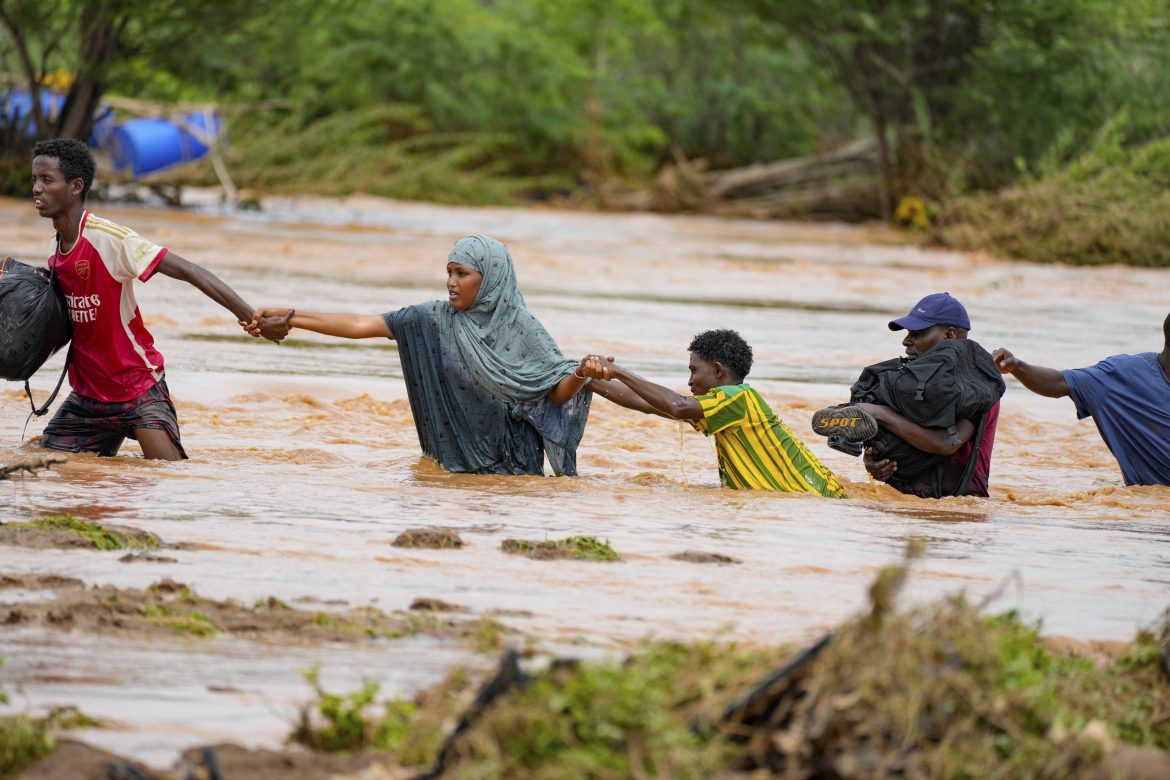Wopke Hoekstra, EU commissioner for climate action has said that China and other big developing nations must pay into a fund to rescue poor countries stricken by the climate disaster as world leaders prepare to gather in Dubai for a crucial climate summit.
Hoekstra was quoted as saying that there was no longer any reason to exclude big emerging economies with high greenhouse gas emissions such as China and petrostates in the Gulf from the obligation to provide aid to the poorest and most vulnerable countries.
“We need so much more money that we need basically everyone with the ability to pay to chip in,” Hoekstra said. “Climate financing, climate action, will take significantly more money. I’m not talking about 20% or 30% more – incremental amounts – but factors more in the years to come. We need private sector money and we need a lot more public sector money.”
Report show that the question of finance for poor countries will take centre stage at Cop28, a fortnight-long summit of world leaders and high-level ministers and officials from 198 countries that begins in Dubai on Thursday. The UK’s prime minister, Rishi Sunak; the EU Commission’s president, Ursula von der Leyen; the pope and the UN’s secretary general, António Guterres, are expected to attend, with King Charles giving the opening speech.
Read also: Canada oil, gas firms to drill 8% more wells next year as emissions target slips
Xi Jinping and Joe Biden, the presidents of the world’s two largest emitters of carbon dioxide, China and the US, are not expected to be there, but will send high-level representatives.
Over 70,000 delegates are expected, and the talks have already caused controversy: host country the United Arab Emirates (UAE) is a large oil producer whose government has appointed Sultan Al Jaber, the chief of UAE’s national oil company Adnoc, as president of the summit.
Governments are also expected to set up a new fund at Cop28 for “loss and damage”, which refers to the rescue and rehabilitation of poor and vulnerable communities stricken by the climate disaster. Hundreds of billions of pounds are likely to be needed from a variety of sources, including the private sector and governments, but few countries have yet stepped up with pledges.
For decades, no financial contributions were expected from China and other nations that were classed as developing when the UN framework convention on climate change, parent treaty to the Paris agreement, was signed in 1992.
Now, the EU and rich countries including the UK and the US are asking for China, high-emitting large economies classed as developing such as South Korea and Russia, and petrostates such as UAE, Saudi Arabia and Qatar to be donors.
Story was adapted from the Guardian.
